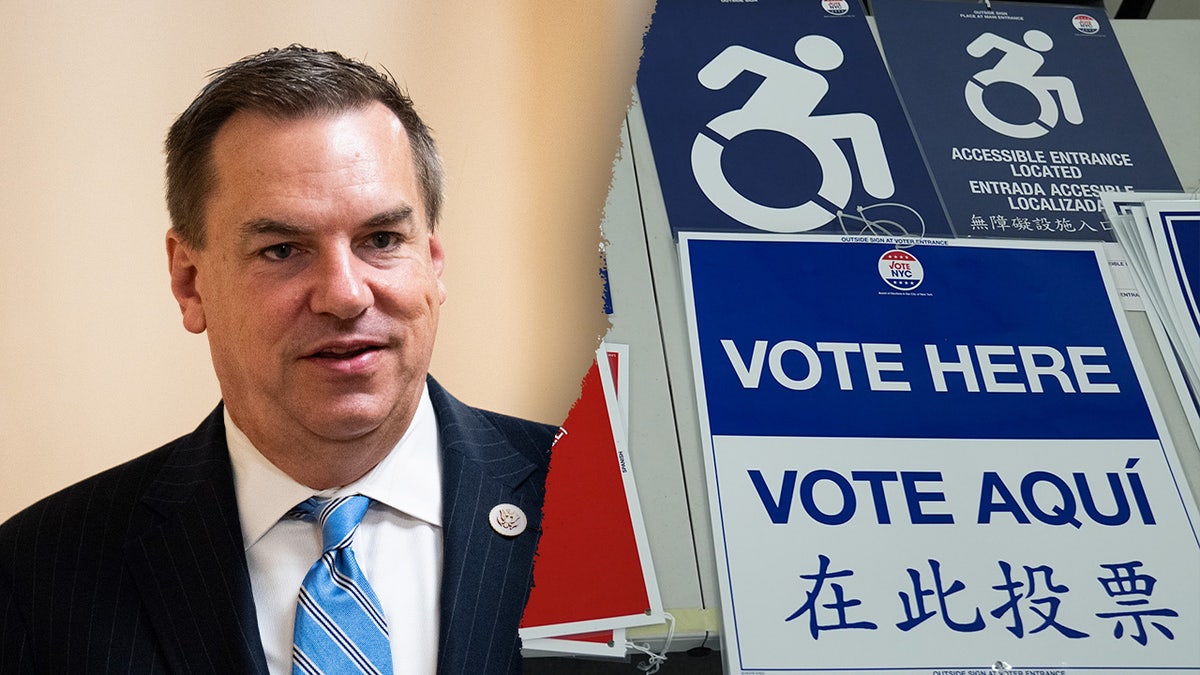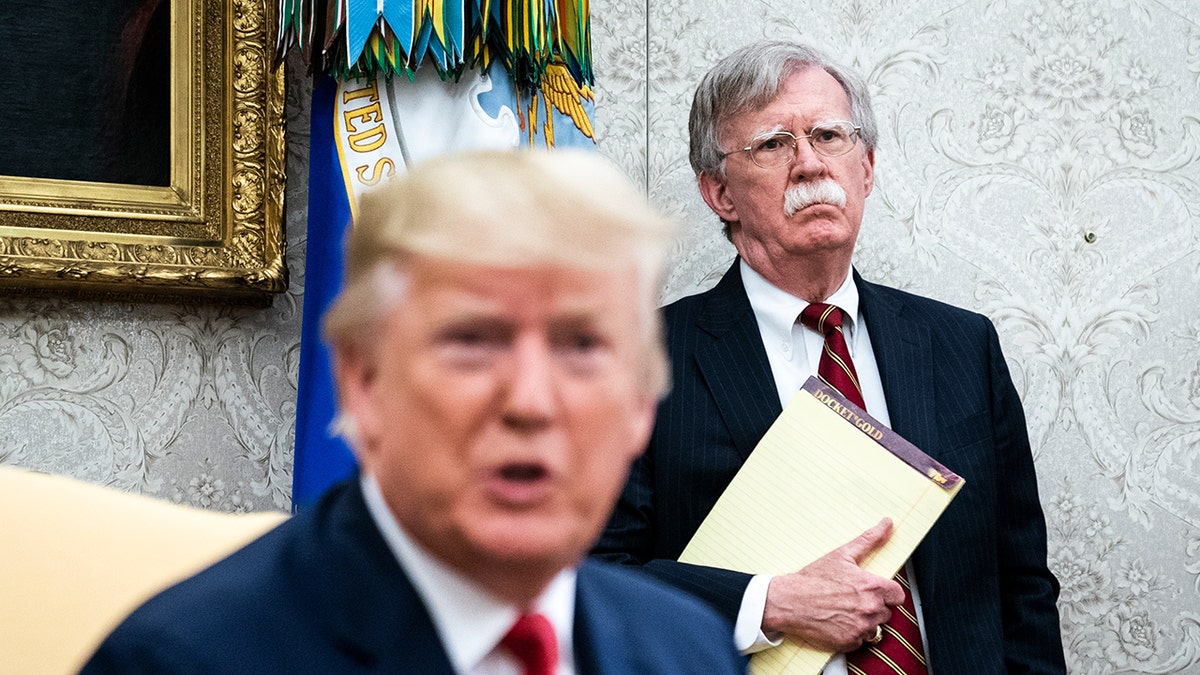Under both Director Christopher Wray and his predecessor, James Comey, the FBI's reputation as a premier law enforcement agency has been significantly tarnished, raising concerns about its politicization and potential use as a tool for the Democratic Party. This issue was brought to light during a House hearing with Director Wray, where his responses and demeanor further fueled these concerns.
Evidence suggests that the FBI's actions have influenced the outcomes of recent presidential elections. In 2016, despite Hillary Clinton's handling of classified information and the deletion of thousands of emails, no raid was conducted on her home, and no charges were filed. Conversely, the FBI pursued the Trump campaign based on the unverified Steele dossier, which contained allegations of collusion with Russia. This dossier was later discredited, yet it played a significant role in the investigation.
Fast forward to 2020, under Director Wray, the FBI continued to entertain the Russia collusion narrative while simultaneously downplaying the Hunter Biden laptop scandal. Despite possessing the laptop since December 2019 and knowing its authenticity, the FBI warned social media companies about potential misinformation campaigns, effectively suppressing the story's reach in the lead-up to the election.
These actions raise serious questions about the FBI's impartiality and its potential to be used for political purposes. The lack of accountability and the seemingly dismissive attitude of Director Wray only exacerbate these concerns. The politicization of the FBI poses a threat to the integrity of law enforcement and the democratic process.









